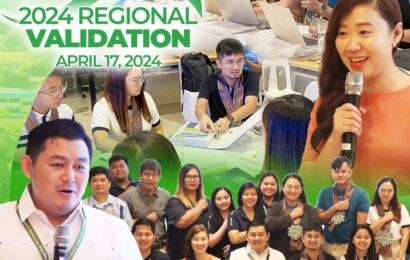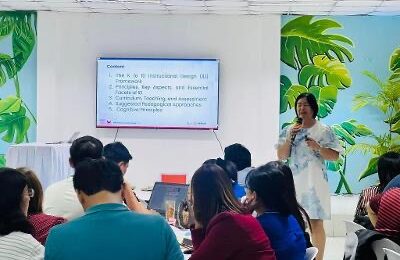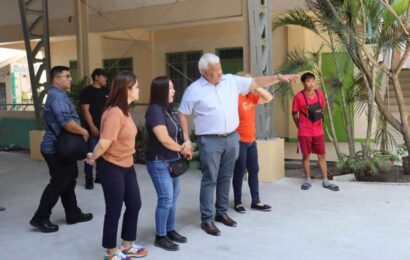
THE holiday season in Bulacan is not over as it stretches to early January for gift giving. Just in time for the Three Kings’ Day, SM Bulacan Malls spread hope, joy, and good cheer to over 750 underprivileged families through its Kalinga Drive.
“Gift giving is a great way to start the year right as we commemorate the Three Magi and conclude the 12 days of Christmas” shares SM City Marilao Engr. Emmanuel Gatmaitan.
A joint project of SM Supermalls, SM Foundation, SM Markets together with SM affiliates; the Kalinga drive aims to address the needs of communities during crisis and calamities. Its implementation includes close coordination with SM City Mall Administration employees and volunteers.
A sum of 200 kalinga packs was distributed by SM City Marilao in Brgy. Ibayo and Brgy Lias. The recipients, who were pre-identified by the LGU and MSWD, came from the poorest and most displaced families living in slum areas.
Sending love to the economically disadvantage communities, SM City Baliwag handed out at least 200 Kalinga packs to the families nestled in Barangay Pagala and Pinagbarilan. SM Center Pulilan likewise distributed 150 kalinga packs to communities residing in Barangay Sto. Cristo and Longos.
“We sincerely wish these Kalinga packs would bring joy to every family this season of gift giving” shares SM City Baliwag Mall Manager Rodora Tolentino.
Rounds of gift giving, on the other hand, were conducted by SM City San Jose Del Monte in Purok 4, Sitio San Isidro, Barangay Tungkong Mangga. A total of 200 kalinga packs were distributed by SM City San Jose Del Monte to informal settlers’ families whose work have been affected by the pandemic.





